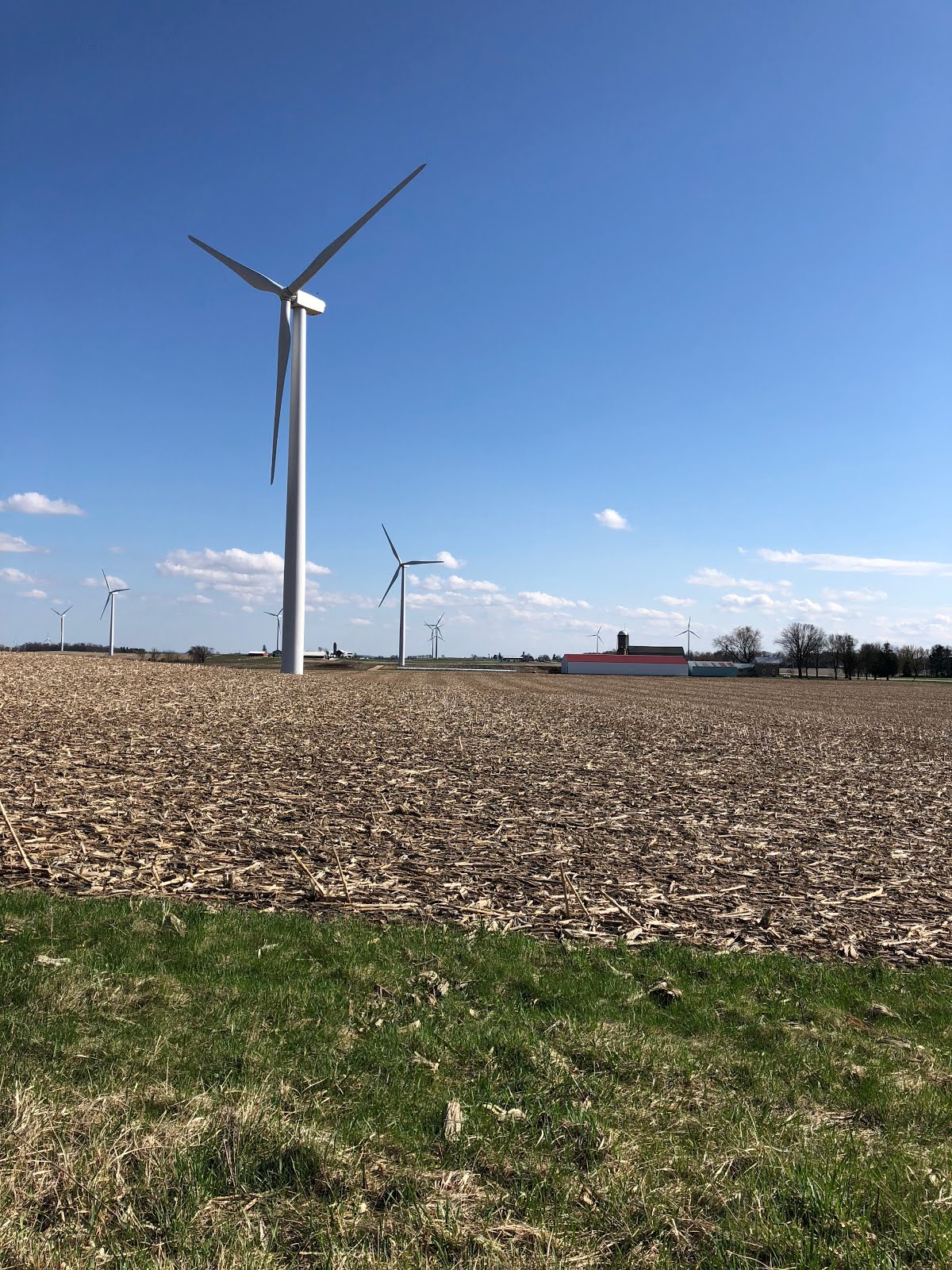Unlike WI, other Great Lakes states not deleting climate info
Over the past two weeks, this blog has broken the story that Wisconsin's Department of Natural Resources had scrubbed all references to climate change from a long-standing web page about climate change, its human causes and various impacts on Wisconsin and the Great Lakes.
I have also expanded my reporting to a number of issues - - see this summary post - - about the Wisconsin DNR and its "chamber of commerce mentality" which GOP Gov. Scott Walker has installed there, along with a smaller budget, fewer scientists, and reduced pollution inspections and enforcement, sweetheart groundwater permit deals for big donors, etc.
So I thought I'd take a quick look at web information posted by the Departments of Natural Resources or their equivalent agencies across the Great Lakes region to see if ideological censors have been hitting their delete keys.
In a word:
Nope.
Here are a few samples that underscore Wisconsin's outlier status on official acknowledgement and actions about climate change:
New York: This key climate change page has 18 links across a wide spectrum of topics under "New York Tackles Climate Change."
Pennsylvania: This page among several deals with multiple realities on linked sites:
Minnesota: I'd recently posted information here and here about Minnesota's aggressive approach to confronting climate change, putting neighboring Wisconsin to scientific and programmed change.
Michigan: Even with a Governor no less conservative than Scott Walker, Michigan's Department of Environmental Quality has not seen fit to scrub this from its website:
Illinois: Similarly, the agency's coastal management program (ICMP) is acknowledging and confronting climate change.
I have also expanded my reporting to a number of issues - - see this summary post - - about the Wisconsin DNR and its "chamber of commerce mentality" which GOP Gov. Scott Walker has installed there, along with a smaller budget, fewer scientists, and reduced pollution inspections and enforcement, sweetheart groundwater permit deals for big donors, etc.
So I thought I'd take a quick look at web information posted by the Departments of Natural Resources or their equivalent agencies across the Great Lakes region to see if ideological censors have been hitting their delete keys.
In a word:
Nope.
Here are a few samples that underscore Wisconsin's outlier status on official acknowledgement and actions about climate change:
New York: This key climate change page has 18 links across a wide spectrum of topics under "New York Tackles Climate Change."
Pennsylvania: This page among several deals with multiple realities on linked sites:
Pennsylvania is experiencing higher temperatures, increased precipitation, higher numbers of large storm events, decreased snow cover, and changing distributions of some plants and animals, all in response to climate change.
As the caretaker of 2.2 million acres of state forest, 121 state parks, and the state’s primary conservation agency, DCNR has a unique role and responsibility in helping the commonwealth reduce and adapt to climate change and is developing a plan to reduce the impacts on our state forests and parks.
While climate change presents significant challenges, there is much we can do, from managing our forests to sequester an increasing amount of carbon and ensuring that our public lands remain resilient, to helping private landowners and communities reduce their carbon footprint and adapt to climate change.Ohio: One website there discusses a long list of the climate change impacts and what people can do about "its cascading effects."
Minnesota: I'd recently posted information here and here about Minnesota's aggressive approach to confronting climate change, putting neighboring Wisconsin to scientific and programmed change.
Michigan: Even with a Governor no less conservative than Scott Walker, Michigan's Department of Environmental Quality has not seen fit to scrub this from its website:
Climate Change:
In August 2011, the DEQ and the Association of State Wetlands Managers held a special symposium on "Wetland Management in Response to Climate Change," in conjunction with the statewide Annual Wetlands Conference presented by the Michigan Wetlands Association. The symposium included a variety of presentations by researchers, wetland managers, and wetland policy professionals, that focused on the goals and challenges associated with implementing climate change adaptation strategies for wetlands in Michigan.
As a result of the symposium and this project, the Association of State Wetland Managers developed a white paper outlining the climate change predictions for Michigan wetlands, and identifying specific adaptation strategies and recommendations for Michigan agencies and land managers.
Climate Change Adaptation Plan for Coastal and Inland Wetlands in the State of Michigan White Paper
The Water Resources Division considers climate change and adaptation in all programs, including the review of permit applications. There are resources that have been developed by groups throughout Michigan which provide best management recommendations for climate change adaptation for coastal wetlands, which can be used by applicants in project planning and alternatives analysis.
In 2014 the Great Lakes Commission developed an online Toolkit of Best Management Practices for Climate Change Adaptation actions for Michigan's coastal wetlands. This online toolkit provides case studies of different practices at two levels: institution-level practices, and project-level practices: Great Lakes Commission "Best Management Practices for Climate Change Adaptation: Spotlight on Michigan Coastal Wetlands" http://glc.org/projects/energy/coastal-wetland-climate/
In 2014, LIAA conducted developed a white paper, audio-visual aids, and a website identifying specific best management strategies to assist local governments and local planners to incorporate climate change adaptation for LIAA's "Climate Change Adaptation and Local Planning Project" http://www.greatlakeswetlandadaptation.org/Indiana: No one saw fit to delete "climate change impacts, including sea level rise or Great Lake level change" from this posted Lake Michigan planning document, p. 20.
Illinois: Similarly, the agency's coastal management program (ICMP) is acknowledging and confronting climate change.
- Sustainable Development. The Illinois coast is primarily urban with the few exceptions mentioned previously. The ICMP will focus on the development of strategies to mitigate and adapt to climate change, including reducing individual carbon footprints, and the expanding the use of our natural resources to act as natural carbon sinks.










1 comment:
The DNR should provide on its website the number of peer-reviewed, scientific articles that support the claim of global warning. In the same paragraph they should provide the number of peer-reviewed, scientific articles that dispute global warning. Wouldn't have to be an exhaustive list, maybe just for the past 20 years
Post a Comment